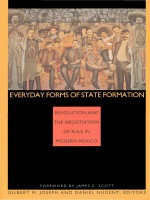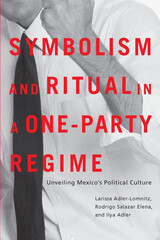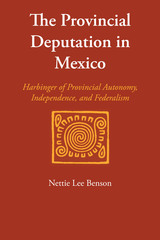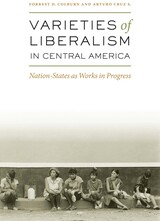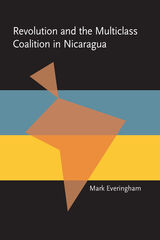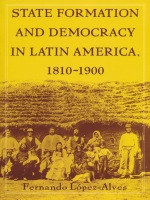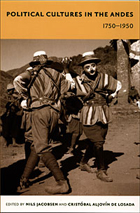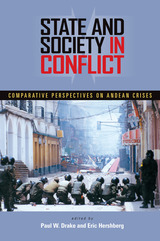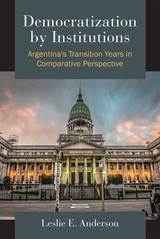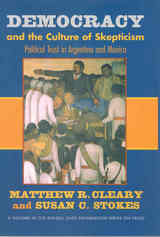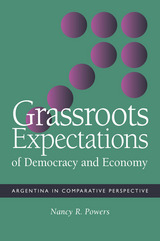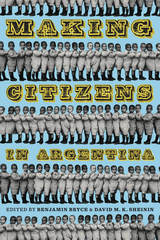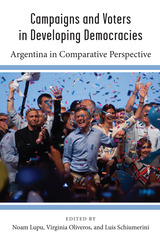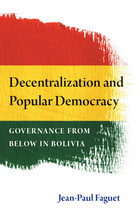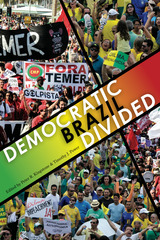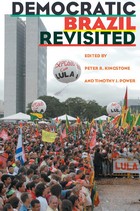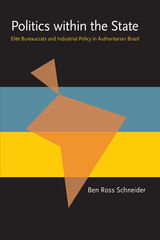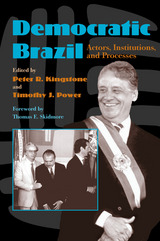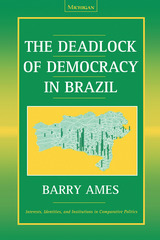eISBN: 978-0-8223-7924-9 | Cloth: 978-0-8223-0753-2
Library of Congress Classification JL2046.S66 1987
Dewey Decimal Classification 306.240982
The late eighteenth century was a critical time for the southernmost regions of Latin America, for in this period they became a separate political entity, the Viceroyalty of the Rio de la Plata. Socolow's work, part of a continuing study of the political, economic, and social elites of the emerging city of Buenos Aires, here considers the bureaucracy put into place by the Bourbon reforms. The author examines the professional and personal circumstances of all bureaucrats, from the high-ranking heads of agencies to the more lowly clerks, contrasting their expectations and their actual experiences. She pays particular attention to their recruitment, promotion, salary, and retirement, as well as their marriage and kinship relationships in the local society.
See other books on: Argentina | Buenos Aires | Bureaucracy | Bureaucrats | To 1810
See other titles from Duke University Press


